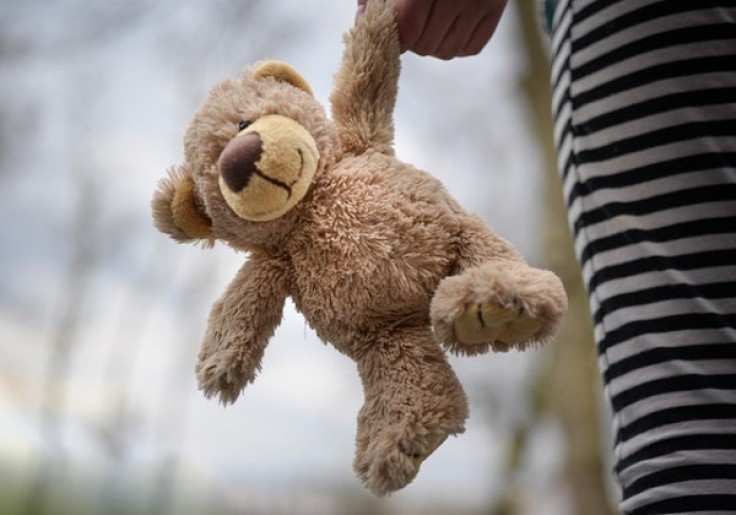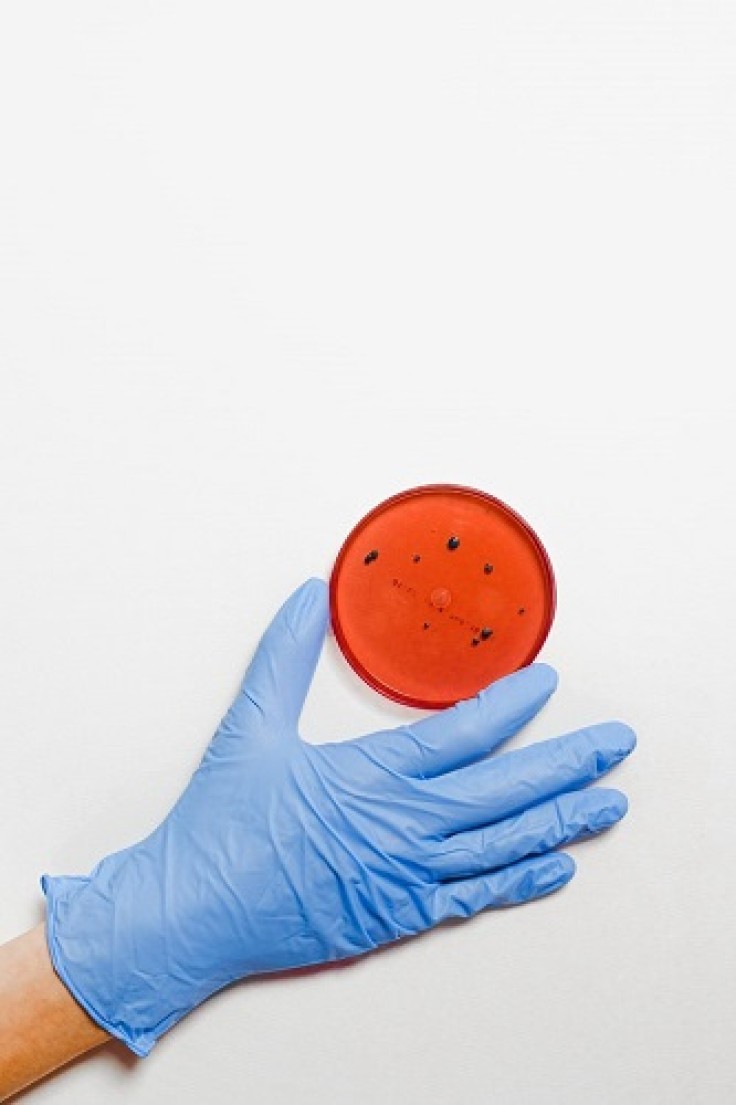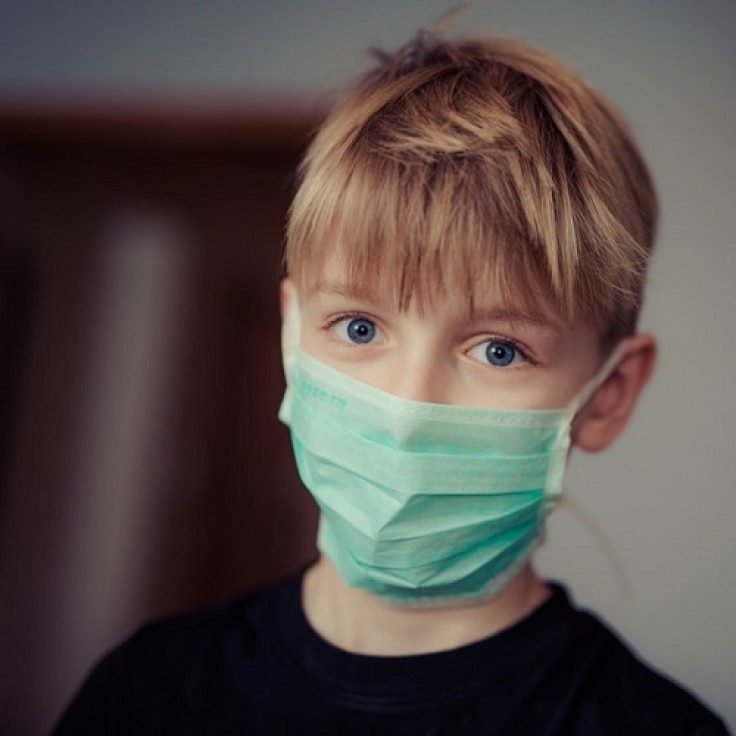The number of people getting infected by the coronavirus is increasing as of writing. Many people are educating themselves on how to prevent contracting the virus. One effective way is to avoid touching your face with your bare hands. Easier said than done, however. Most adults unconsciously touch their faces, more so children. Here are 5 simple strategies to get kids to stop touching their faces.
Give Them Other Things To Touch
Just like adults, children are more likely to touch their faces when their hands are free.

A cognitive scientist, Denise Cummins, told HuffPost that parents might give something else for their kids to touch because it is difficult to put their hands on their face when they are fiddling onto something. She added that it would be easier to replace a problematic behavior than asking them NOT to do a specific action.
Cummins added that a person's prefrontal cortex, which is a part of the brain used to control inhibitions, is not fully developed until about age 25.
Tell Them About Germs
According to a psychologist in New York, Sanam Hafeez, children at least three years old would understand if you would explain the concept of germs -- how they spread when you touch your face, mouth, and nose. You may also explain the importance of sneezing or coughing into their elbows.

When they understand the rationale behind your request, they would be more inclined into following and would be reminded to stop touching their faces. There are many ways to educate your children about germs and fun activities to prevent the further spread of the virus.
Use a Positive Reinforcement
Positive reinforcement is more effective in teaching a child than criticism.
According to clinical psychologist and founder of the Cognitive Behavioral Therapy Institute of Southern California, Paul DePompo, praising children for a job well done is more important than asking them to stop doing the deed. Parents may reward children with either stickers, toys, or treats.
DePompo noted that verbal affirmation is more effective at reinforcing good behaviors, so you may say, "I like that you are not touching your face right now". This way, the child is aware of what they should not do.
Point Out When They Do It
Kids can be more aware that they are touching their faces when you point it out to them. Hafeez said that if your children would be reminded every single time that they will be seen touching their faces, it will become a conditioned response where they will immediately remove their hand once it touches their faces.
Parents may also share how they are avoiding touching their faces and how they reward themselves when they achieve their goals. It will help children mirror their parent's actions.
Let Your Children Wear Mask
Parents may provide cute masks for their children to keep them from touching their faces. They may let their children choose the color or character that they want so that they would be excited to wear their masks. You may also make your mask at home, especially now that there are not enough supplies in the market.

Focus on Hand Washing
You must remember that kids will be kids, so do not fret if they could not follow your request all the time.
Clinical director and senior clinical psychologist at the Child Mind Institute, Mark Reinecke, told the HuffPost that little children love touching things and putting their hands into their mouths.

Because it is impossible to have a watchful eye on your children 24/7, it is better to reinforce hygienic practices. Reinecke said that it is better to encourage children to wash their hands frequently or regularly apply hand sanitizer on their hands, and give them tissue when they sneeze.
Washing hands has always been a good practice to prevent, regardless of the global health crisis. Parents could also help keep their children healthy by feeding them nutritious food and supplements, promoting active lifestyles, and letting them have enough sleep.